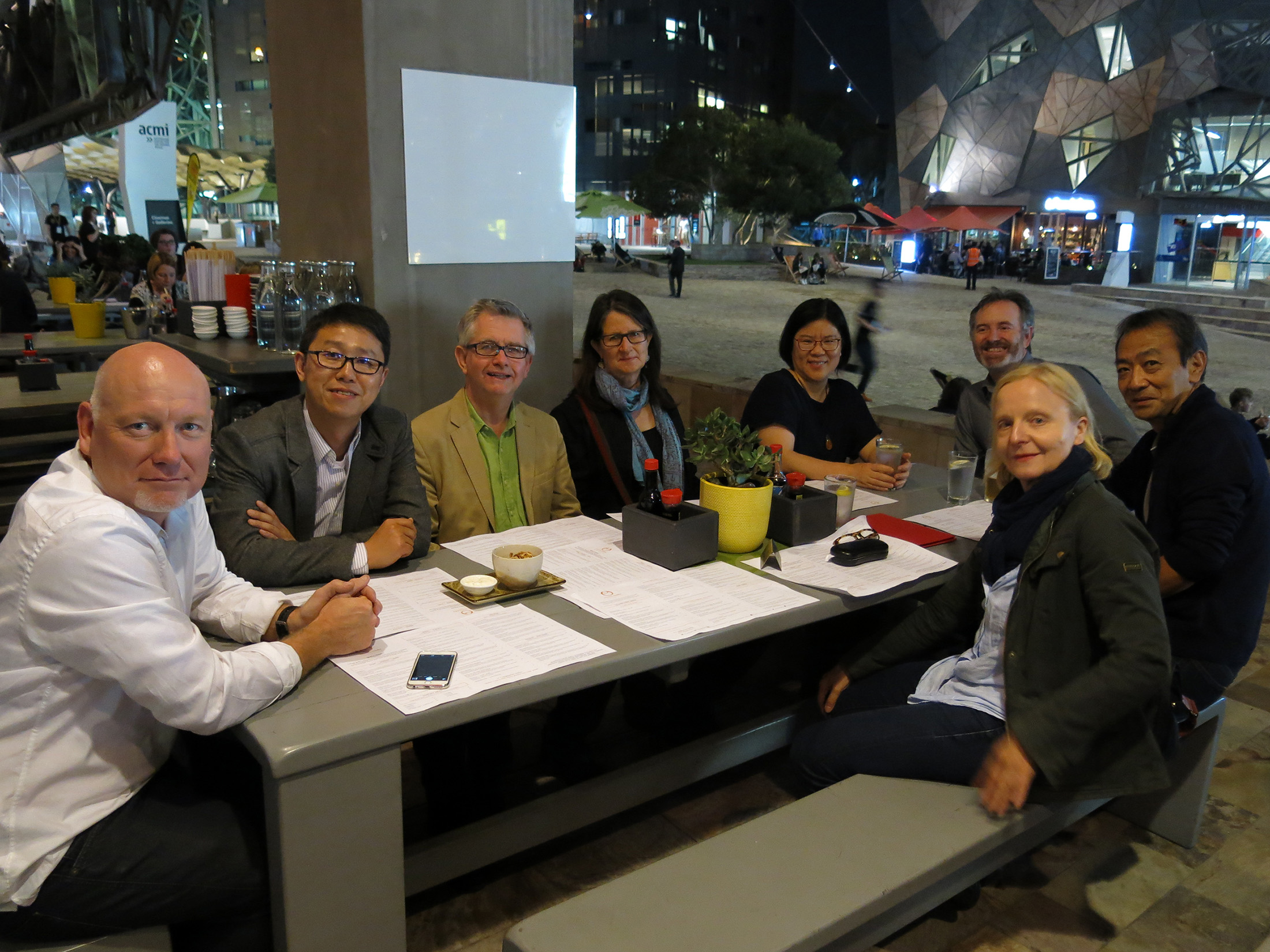In 1981, The United Nations Educational, Scientific and Cultural Organization released a report called Many Voices One World, also known as “The MacBride Report.” Chaired by Nobel laureate Seán MacBride, the publication revealed that the focus of the media was incredibly biased against (what was then referred to as) third world countries.
This report came out when Klein College professor and communication expert Clemencia Rodríguez was receiving her bachelor’s degree in communication from Universidad Javeriana in Bogotá. It changed her life forever.
‘It’s a document that is fundamental to international media,” she said. “It totally shaped me as a person.”
Since that report came out, the popularity of the internet and other factors has changed the media drastically. The International Panel on Social Progress commissioned another report to see if these new mediums made media coverage more fair. This time, Rodríguez was part of the team, contributing a chapter and offering her own research and insight.
Even with the expansion of mediums, according the report, media has actually gotten more biased. The global north, the term that has replaced “first world,” is the major focus of most media coverage, the report found.
When the MacBride Report came out, one of the major complaints was that media consolidation had gotten out of control. Back then, there were around 100 major media companies. Today, there are around 30. This concentration of media has only further narrowed the scope of nations covered by media corporations. These companies are tailoring their information to focus on the people who receive their content. The internet, in fact, has worsened this issue because poorer nations don’t have the same access as wealthier ones.
“The idea that everyone can write a blog is an illusion,” Rodríguez said. “Literacy is a huge issue.”
In Colombia, an internet connection costs $48 a month, or around 20 percent of the minimum wage ($217 a month). Instead, people buy prepaid cards to give them access to the web for 48 hours at a time. Because their access is limited, they aren’t able to use their internet as freely as many do in the United States, limiting their exposure to news and information.
Without the ability to read and write, reading and reporting becomes a class issue, separating those who are able to inform/become informed and those who cannot.
Also, exploitation of poorer nations has been magnified by data mining. When the MacBride Report came out, there was very little tracking of media consumers through television, radio and newspapers. Today, companies use algorithms to extract as much information of their users as possible—selling their information to advertisers and other companies. Facebook, for example, tried to offer India free internet with a program called Free Basics. India ended up rejecting it due to privacy concerns and the fact that the program only really seemed to help when using Facebook. Brazil has very strict laws against data mining, guaranteeing the users’ rights to privacy and ensuring net neutrality. Part of the reason for the Brazilian government’s success was that citizens were actually involved in the process of creating their policy.
“Diversity and access are super important. Access doesn’t mean you have a computer, it doesn’t mean you have access to Hollywood films,” Rodríguez said. “Access for us [in the global south] means that you have not only the technology but the skills to participate as a media producer, not just a consumer of what is producer by these corporations.”
While Rodríguez says media companies do seem increasingly corporate and biased, she sees hope if consumers start supporting grassroots media. In fact, at the end of her chapter, she and her colleagues include an action plan and a “toolkit” to help improve this global bias.
They offer solutions like opening up the public conversation to discuss other countries and cultures, increasing regulation to prevent invasion of privacy from corporations and governments, developing regulatory regimes to make the internet and access to content more affordable and promoting data literacy and training in code. While Rodríguez definitely sees creating a more equal, accessible global media as uphill battle, she doesn’t think it’s impossible.
“We must support the media that fall outside of the corporate boundaries,” she reiterated. “And there has to be an international conversation.”

